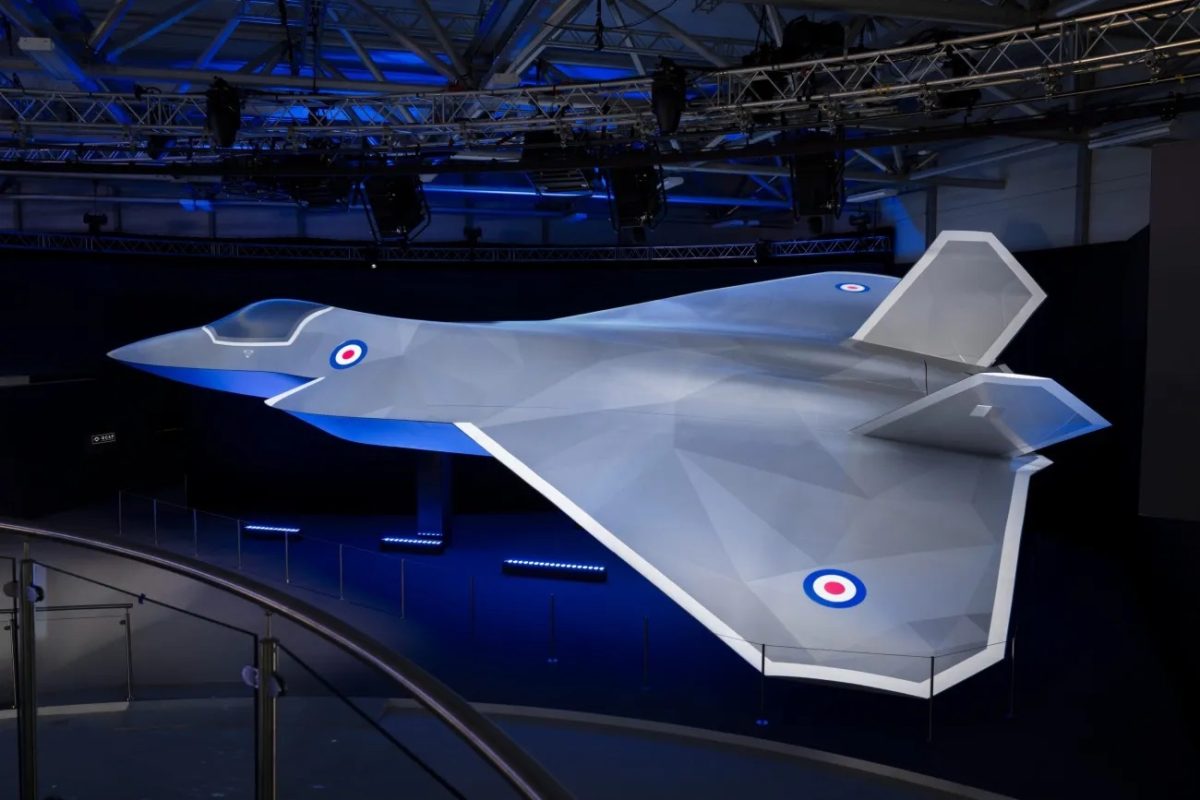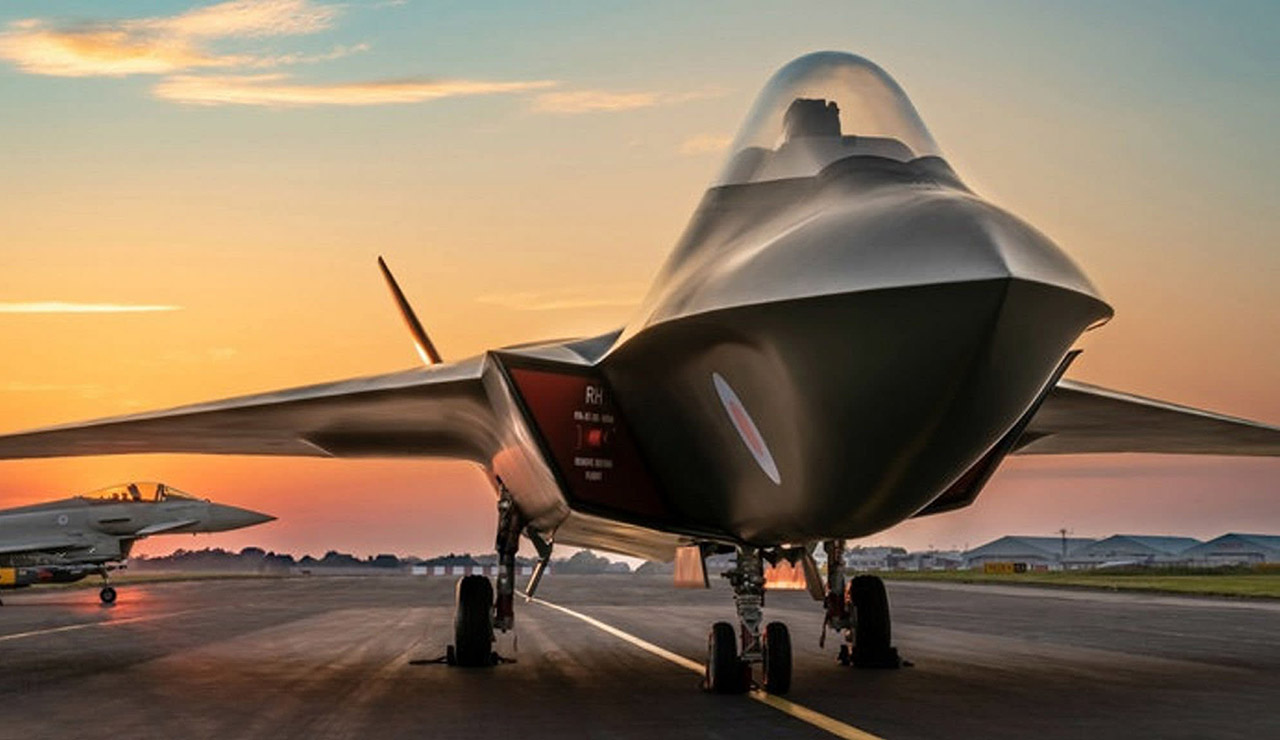Japan has reportedly approached India to participate in the next-generation Global Combat Air Program (GCAP), a collaborative effort led by Japan, the United Kingdom, and Italy.
The initiative, announced on April 30, 2025, by a Japanese government source, aims to reduce the substantial costs of the project by expanding the number of partner nations.
Additionally, Japan seeks to deepen security ties with India, a key Asian player, to promote stability in the Indo-Pacific region.
According to the Kyodo News Agency, Japanese officials visited India in February. They explained the Japan-UK-Italy “Global Combat Air Program (GCAP)” to Indian officials and proposed their participation.
The report added that the Modi government has set up a “Make in India” initiative to promote domestic production and has shown interest in the Japanese proposal.
So far, there is no official confirmation from any side.
UK, Japan, Italy Seek More Partners For GCAP
Leaders from Japan, the UK, and Italy met on November 19, 2024, to explore expanding the GCAP program to include more international partners.
The GCAP, launched in 2022, is a collaborative initiative involving the UK, Japan, and Italy. The program aims to design, manufacture, and deliver a next-generation combat aircraft.
Italian Prime Minister Giorgia Meloni, Japanese Prime Minister Shigeru Ishiba, and British Prime Minister Keir Starmer emphasized the need to hasten progress on the GCAP program while reiterating their dedication to enhancing the existing partnership.
“They agreed on the importance of the project continuing to move forward expeditiously, reaffirming their common intent to further strengthen the ongoing collaboration,” a joint statement noted.
British PM Starmer highlighted the trio’s “ambition to widen participation to a broader range of international partners in the future.”
The discussions follow the ratification of the GCAP treaty, which binds Italy, Japan, and Britain to the program and formalizes the creation of the GCAP International Government Organization (GIGO).
This entity will oversee the development of the next-generation fighter jet, setting capability requirements and managing the program’s industrial framework.
The treaty’s ratification has paved the way for the project’s next phase, with full development and design scheduled for 2025.
Japan’s Mitsubishi Heavy Industries, Italy’s Leonardo, and Britain’s BAE Systems will lead the project as system integrators. Given the complexity of building advanced fighter jets, the program will involve an intricate global supply chain.
Japanese Prime Minister Ishiba underscored GCAP’s strategic significance, describing it as “the cornerstone of broad cooperation among the three countries for decades to come.”
By fostering collaboration among key defense manufacturers and potentially welcoming new allies, GCAP aims to bolster the defense-industrial base of the three nations while advancing cutting-edge military capabilities.

Which Countries Could Join GCAP?
Sweden, once a participant in the British-led initiative, formally withdrew by November 2023.
The Swedish government confirmed its decision: “Sweden confirms that involvement in Tempest is now officially dead. We walked away from tri-lateral studies with the UK and Italy about a year ago and launched a national study. I will not answer questions about why it didn’t work with the UK and FCAS.”
Meanwhile, Saudi Arabia has emerged as a potential candidate for the program, with its interest gaining traction throughout 2023. In a notable instance in March 2023, Saudi Arabia prematurely announced its participation in GCAP, a claim that the UK later retracted.
In September 2023, a British official expressed optimism about Saudi Arabia eventually joining the program, stating, “I think, from a UK point of view, the expectation, and the hope is that, that’s the direction that we will go in.”

Japan has reportedly opposed the Kingdom’s entry, underscoring the necessity of unanimous approval from the three existing members—Britain, Japan, and Italy—for any new participant.
Germany has also previously emerged as an unexpected candidate for potential involvement in the Global Combat Air Program (GCAP).
In November 2023, the EurAsian Times reported that Germany might consider withdrawing from its commitment to the Future Combat Air System (FCAS), Europe’s other multinational sixth-generation fighter project, due to continued disputes with its primary partner, France.
However, German officials have since reaffirmed their commitment to FCAS and highlighted their intention to collaborate with France on this ambitious initiative.
The United Kingdom reportedly invited India to collaborate on the Tempest program, the predecessor to GCAP.
“We are looking for international partners to access the best assured capability [for developing the Tempest],” Nik Khanna, the head of BAE Systems India, was quoted as saying by the Business Standard. As to India’s specific role in the Tempest project, Khanna said: “A big cost driver for a futuristic aerospace system is going to be the requirement for more and more software engineers. India has a huge capability in that area.”
India’s adversaries, such as China and Pakistan, continue to develop or acquire advanced fighters. China is now set to operate two stealth fighters, while Pakistan will likely acquire J-35 stealth aircraft from China.
With the slow pace of domestic development and the urgent need for advanced aircraft, joining the UK-Italy-Japan FCAS program sounds very interesting.
The Big Question is, will India bite the bullet?
- Contact ET at editor @ eurasiantimes.com
- Follow EurAsian Times on Google News




